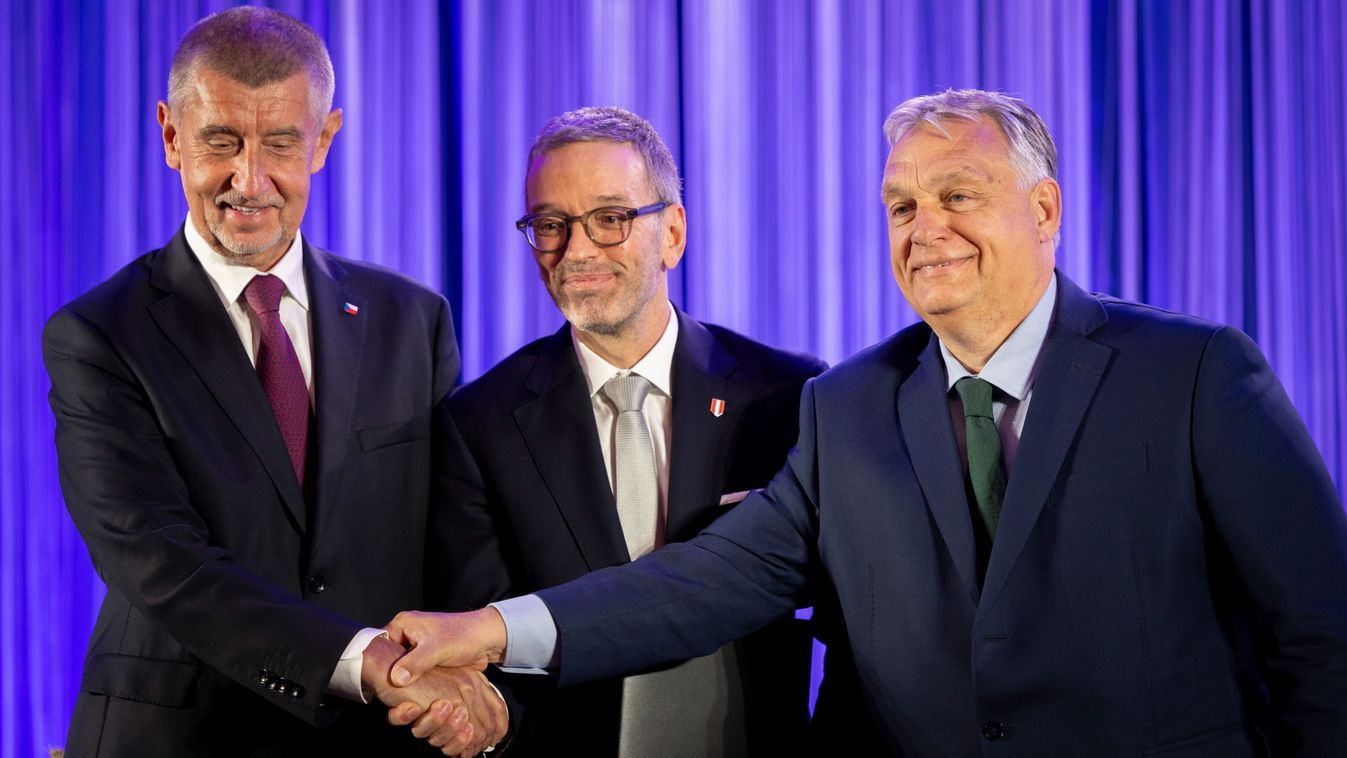Within a year or so, the geostrategic system in Central Europe could be restructured. The tasks of the now fractured Visegrád Four (V4) group — Hungary, Slovakia, the Czech Republic and Poland — could be taken over by a different configuration, which could not only take on the role of a buffer zone between East and West, but could also set itself more ambitious goals.
Only two out of the three parties that initiated the formation of the Patriots for Europe group in the European Parliament belong to the V4 group: Hungary’s Fidesz and Czechia’s ANO, but not the Austrian Freedom Party (FPÖ). This is bound to stir up even more the V4’s already unstable state of affairs. Another peculiarity of the “three” is that Fidesz is in government while the other two parties are in opposition.
In the latter two cases, however, there could be radical changes this autumn and next year.
Parliamentary elections will be held in Austria at the end of September and, given the results of the European Parliament elections in June, which the FPÖ won with 30 percent of the vote, the right-wing party’s Herbert Kickl could become chancellor. The situation is similar in the Czech Republic, where the parties will compete next year and the former prime minister, Andrej Babiš, may also once again become prime minister.
If both conservative parties win the elections, the Patriots for Europe EP parliamentary group could gain ground in Central Europe.
This also means that, although Austria is not a member of the V4 group, it can nevertheless be a part of the common “management” of Central Europe through its activities within the EU parliament.
In fact, Central Europe has been searching for a way forward in terms of its role in European integration since the fall of communism. Part of this is the Central European Initiative, established in Budapest in 1989, whose founding document was originally signed by Italy, Austria and the former Yugoslavia, in addition to Hungary. The initiative was designed to establish cooperative links between countries with different political orientations and economic structures.
If all the predictions come true, the focus of Central European politics will shift westwards, with Poland “out” and Austria “in.” At the same time, this group could give up its role as a buffer zone between East and West and become a much more ambitious and distinctive political community within the EU than the V4 originally set out to be.






